Search
Remove Ads
Advertisement
Summary 
Loading AI-generated summary based on World History Encyclopedia articles ...
Search Results
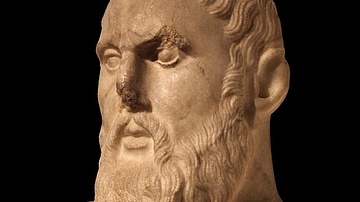
Article
The Life and Thought of Zeno of Citium in Diogenes Laertius
Zeno of Citium (c. 336 – 265 BCE) was the founder of the Stoic School of philosophy in Athens, which taught that the Logos (Universal Reason) was the greatest good in life and living in accordance with reason was the meaning of life. He was...
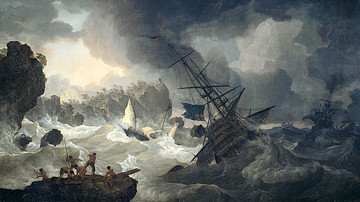
Article
Top 5 'Deep-Dive' Virtual Shipwrecks
According to UNESCO, an estimated three million shipwrecks are scattered in the oceans’ deep canyons, trenches, and coral reefs and remain undiscovered. These shipwrecks preserve historical information and provide clues about how people lived...

Article
The Roman Baths in Bath- A Deep Dive into Britain’s Ancient History
Bath, the famous spa town in Somerset England, has attracted people from near and far for centuries to its healing springs and baths. Today the city is known for its beautiful Georgian architecture and as the destination for the wealthy elite...

Video
Modern Thought and Culture in 1900s CE Europe: Crash Course
Europe was in transition politically and culturally at the beginning of the 20th Century CE. Today, we're looking at the dawn of modern science, and the rise of Modernism in the arts, especially in music, dance, and visual arts. We'll look...

Video
The Human Body in Ancient Greek Art and Thought
IAN JENKINS, PH.D. SENIOR CURATOR, DEPARTMENT OF GREECE AND ROME, BRITISH MUSEUM Jenkins explores Greek notions of ideal beauty in both nude and draped images of the male and female human bodies. He contrasts the moral aesthetic of sound...

Video
Deep Dive Tour of the Vrouw Maria Shipwreck
Dive the wreck of Catherine the Great's lost treasure ship, which ran aground on October 3, 1771 CE, during foul weather that hit the archipelago in southwestern Finland.
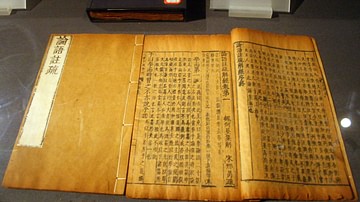
Definition
Confucianism
Confucianism is a philosophy developed in 6th-century BCE China, which is considered by some a secular-humanist belief system, by some a religion, and by others a social code. The broad range of subjects touched on by Confucianism lends itself...
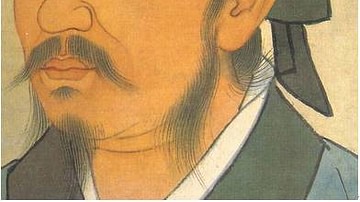
Definition
Xunzi
Xunzi (pronounced shund-zee, l. c. 310-c. 235 BCE) was a Confucian philosopher of the Warring States Period (c. 481-221 BCE) in China. He is also known as Hun Kuang, Hsun Tzu, Xun Tzu, and Xun Kuang. Xunxi translates as Master Xun and is...
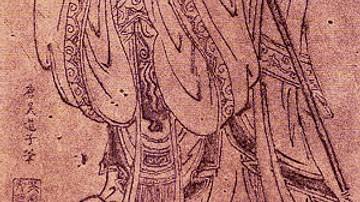
Definition
Ancient Chinese Philosophy
The term Ancient Chinese Philosophy refers to the belief systems developed by various philosophers during the era known as the Hundred Schools of Thought when these thinkers formed their own schools during the Spring and Autumn Period (c...
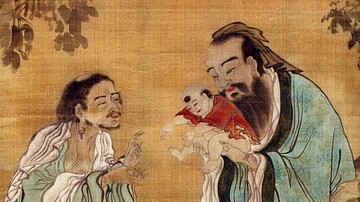
Definition
Lao-Tzu
Lao-Tzu (l. c. 500 BCE, also known as Laozi or Lao-Tze) was a Chinese philosopher credited with founding the philosophical system of Taoism. He is best known as the author of the Laozi (later retitled the Tao-Te-Ching translated as “The Way...